Best movies like Blue-Eyed
A unique, carefully handpicked, selection of the best movies like Blue-Eyed Starring Götz George, Miguel Ángel Solá, Julio De Grazia, Haydée Padilla, and more. If you liked Blue-Eyed then you may also like: No, The Official Story, Our Disappeared, The Captive Heart, Death and the Maiden and many more popular movies featured on this list. You can further filter the list even more or get a random selection from the list of similar movies, to make your selection even easier.
In this suspense story, the main character, Johann Neudorff, immigrated to Argentina from Germany after World War Two, and has become a successful businessman there. He is unconcerned with the nature of the government there, which at the time of this film (1978) is a military dictatorship. His comfortable existence is disrupted when he discovers that his beloved daughter Laura has become the lover of a political activist who is on the military's hit list. When his daughter is kidnapped, Johann attempts to use his government connections to free both her and her lover. However, his son Alfredo undermines his efforts, and Johann himself is incarcerated in a military prison, but not before he discovers that his daughter and her lover are both dead, killed by the regime.
You may filter the list of movies on this page for a more refined, personalized selection of movies.
Still not sure what to watch click the recommend buttun below to get a movie recommendation selected from all the movies on this list
The Official Story
Buenos Aires, Argentina, 1983. In the last and turbulent days of the military dictatorship, Alicia, a high school history teacher, begins to ask uncomfortable questions about the dark origins of Gaby, her adopted daughter.
Our Disappeared
After learning that Patricia, a long-lost girlfriend, is among the desaparecidos, a filmmaker returns to his native Argentina to find out what happened to her and others he knew who mysteriously vanished during the 1976-1983 military dictatorship.
The Captive Heart
A series of stories about the lives and loves of nine men in a Prisoner of War Camp over five years. Location shooting in the British occupied part of Germany adds believability. The main story is of Hasek (Redgrave) a Czech soldier who needs to keep his identity a secret from the Nazis, to do this he poses as a dead English Officer and corresponds with the man's wife. Upon liberation they meet and decide to continue their lives together. The other inmates' stories are revealed episodically.
Death and the Maiden
A political activist is convinced that her guest is a man who once tortured her for the government.
Machuca
Santiago, capital of Chile during the Marxist government of elected, highly controversial president Salvador Allende. Father McEnroe supports his leftist views by introducing a program at the prestigious "collegio" (Catholic prep school) St. Patrick to allow free admission of some proletarian kids. One of them is Pedro Machuca, slum-raised son of the cleaning lady in Gonzalo Infante's liberal-bourgeois home. Yet the new classmates become buddies, paradoxically protesting together as Gonzalo gets adopted by Pedro's slum family and gang. But the adults spoil that too, not in the least when general Pinochet's coup ousts Allende, and supporters such as McEnroe.
The Devil's General
Curt Jurgens stars as a courageous Luftwaffe officer. Jurgens loves the service, even though he barely tolerates the Hitler regime. Sickened by wartime Nazi atrocities, Jurgens renounces his government, and is imprisoned and tortured as a result. Once released, the general takes pity on a downtrodden Jewish family. This isolated act of kindness is a point in his favor when Jurgens stands before Satan himself for his final judgment. The Devil's General was based on an immensely successful postwar play by German author Carl Zuckmeyer.
Missing
Based on the real-life experiences of Ed Horman. A conservative American businessman travels to Chile to investigate the sudden disappearance of his son after a military takeover. Accompanied by his son's wife he uncovers a trail of cover-ups that implicate the US State department which supports the dictatorship.
Imagining Argentina
Set during the unsettling disappearances in Buenos Aires during the dictatorship of the 1970s, the film involves theater director Carlos Rueda and his wife Cecilia. Shortly after Cecilia writes an editorial commentary questioning the mysterious abductions, she is herself abducted and taken into police custody.
In the Time of the Butterflies
Based on the book by Julia Alvarez. Three sisters become activists during the Dominican Republic's Trujillo regime when members of their family are killed by the government's troops.
The Man Who Captured Eichmann
Set in 1960, the story follows the efforts of the Mossad, the Israeli Secret Service, to find former SS Colonel Adolf Eichmann, who ran from Germany to Argentina and took the name Ricardo Clement. He was wanted for the murders of both Europeans and Jews during the Holocaust. Learning of Eichmann's living in Argentina, the Mossad sends a team to capture him, led by agent Peter Malkin. The standing order: bring Eichmann back alive to Israel for trial.
The Sorrow and the Pity
From 1940 to 1944, France's Vichy government collaborated with Nazi Germany. Marcel Ophüls mixes archival footage with 1969 interviews of a German officer and of collaborators and resistance fighters from Clermont-Ferrand. They comment on the nature, details and reasons for the collaboration, from anti-Semitism, xenophobia, and fear of Bolsheviks, to simple caution. Part one, "The Collapse," includes an extended interview with Pierre Mendès-France, jailed for anti-Vichy action and later France's Prime Minister. At the heart of part two, "The Choice," is an interview with Christian de la Mazière, one of 7,000 French youth to fight on the eastern front wearing German uniforms.
While at War
Salamanca, Spain, 1936. In the early days of the military rebellion that began the Spanish Civil War (1936-39), writer Miguel de Unamuno supports the uprising in the hope that the prevailing political chaos will end. But when the confrontation becomes bloody, Unamuno must question his initial position.
Argentina, 1985
In the 1980s, a team of lawyers takes on the heads of Argentina's bloody military dictatorship in a battle against odds and a race against time.
Wild Tango
A biopic based on the life of one of the pioneer argentine rock stars 'Tanguito'. The movie tells the story of his rise and fall from grace, encompassed in violent times of a military regime.
The Mirror
Der Spiegel reflects the sad existence of a village couple, Necmetting and Zelihan, whose lives are regulated by nature and the all-powerful feudal lord. When the lord's good-looking brother tries to seduce beautiful Zelihan, her husband has no choice but take up arms to restore his lost honor. But the question of whether anything can be more important than human life haunts him. Der Spiegel is a psychological drama that focuses on a menage-a-trois and at the same time holds a mirror to the generally ignored lives of the poor peasants, examning their loves, passions and dreams, particularly those of the women. Despite the theatricality of the dream sequences and the scene with the slaughter of a cow, the story generally flows easily in a minimalist style, with impressive photography by Kenan Ormanlar.
To Kill a Stranger
Cristina Carver (Angelica Maria) finds herself in dire straits after she arrives to spend some time with her TV-reporter husband (Dean Stockwell) who is visiting a Latin American country run by a military dictator. After a car accident one day, Cristina brings the helpful Col. Kostik (Donald Pleasence) home and then kills him in self-defense when he violently attempts to rape and murder her. Terrified, she covers up her act and hides the body, yet in spite of her husband's efforts to protect her, a local police detective starts to figure out what really happened.
Chronicle of an Escape
The true story of four men who narrowly escaped death at the hands of Argentina's military death squads in 1977. Claudio Tamburrini is a goalie for a minor-league football team when he is abducted by members of the Argentine military police and taken to an unofficial detention center on the false suspicion that he is a terrorist. As he is tortured by intelligence agents looking for information he doesn't have, Tamburrini fully expects to be killed. After many sessions of brutal torture, Tamburrini and his fellow captives Guillermo and Tano are being readied for execution when, in a final desperate act, Tamburrini dives out a window during a rainstorm.
The Lost Republic II
A history of Argentina's last military dictatorship (1976-1983). After "La Republica Perdida" was made, which covered 1930 to 1976, there was an important part of Argentina's history yet to be told, which was too recent to be covered by the first documentary. The first movie was made at the end of the last dictatorship. This second documentary covers this last dictatorship from 1976 to 1983.
One Man’s War
Anthony Hopkins plays an English medical doctor living with his family in Paraguay and treating the poor people from the surroundings, who has his life turned upside down when his son was mysteriously murdered in what could have been an attack to him since he's opposed to the military dictatorship of the country. The doctor and his family will take lots of risk while trying to prove that the government was involved in the murder.
Túnel de los huesos
Based on a real event, this is the spectacular escape of seven prisoners in 1991 from the Villa Devoto prison in Buenos Aires, Argentina. In the process of digging a tunnel to escape, they make a bizarre and frightening discovery just as they are about to break through to freedom. One escapee promises to report their findings when they are all free and once out, he pays his debt to "the tunnel of bones,"sharing their macabre story with a local journalist, and ultimately the world.
Garage Olimpo
A beautiful Argentine activist receives preferential treatment from a man supposed to torture her.
Clandestine Childhood
Juan lives in clandestinity. Just like his mum, his dad and his adored uncle Beto, outside his home he has another name. At school, Juan is known as Ernesto. And he meets María, who only has one name. Based on true events, set in the Argentina of 1979, this film is one about love.
The German Friend
It’s the late 1950s, and in an affluent and quietly respectable part of Buenos Aires, young Sulamit Löwenstein strikes up a friendship with her next-door neighbour Friedrich over the whereabouts of her family dog. She is the daughter of German-Jewish immigrants to Argentina, he is the son of a senior SS officer, a tragic political legacy from whose shadow both characters struggle to escape over the next three decades. Following the teenaged Friedrich to Germany, Sulamit finds him caught up in the radical politics of late-1960s student life; and she’s forced to make important decisions about her attitude to her homeland when Friedrich returns to Argentina to join the fight against the military junta.
Cautiva
Cristina's life is thrown into turmoil when she is suddenly escorted from her strict Catholic school in Buenos Aires and told that she is really Sofía Lombardi, the daughter of activists who disappeared in the '70s. Questioning everything she once thought true, Cristina embarks on a journey to find her true identity. Meeting others like herself, the young girl soon discovers the real-life horrors of Argentina's relatively recent past and the nightmare that claimed tens of thousands of lives during the country's "dirty war."
Darse cuenta
The relationship between a doctor and a depressed young patient in a public hospital.
The Rabbits' House
Argentina, 1975. Laura is only eight years old, but she knows that to survive you have to keep quiet. She shares her days with her mother and the other activists in a house where the clandestine printing of the Evita Montonera is hidden.
Sovereignity Operation
When the fight against a supposed subversive threat seems not to be enough to ensure national unity, the Argentine military dictatorship rekindles the extinguished fire of an old border dispute with Chile in order to make the nation close ranks around the criminal regime: the chronicle of an internal political conflict that was about to turn into a bloody war.
The Disobedients
Those who rebel against authority figures disobey. This film echoes “Cordobazo” — a popular rebellion in Cordoba against the Argentine military dictatorship in 1969 — through the story of Alicia, a trolleybus driver who joins an insurrection against an oppressive regime.
Killing the Dead
Paraguay 1978, during Stroessner’s dictatorship, Pastor and Dionisio work burying bodies illicitly. In Argentina, the World Cup is being held. One morning, among the bodies, they find Mario, who is still alive. They know they must kill him but the problem is: in spite of what they are doing, they have never killed anyone before. A storm indicates that the winter is coming while the destiny of the three men is determined during the World Cup final. Both Pastor and Dionisio are the last link of a chain in the terrible system that has as a result in all the missing people.



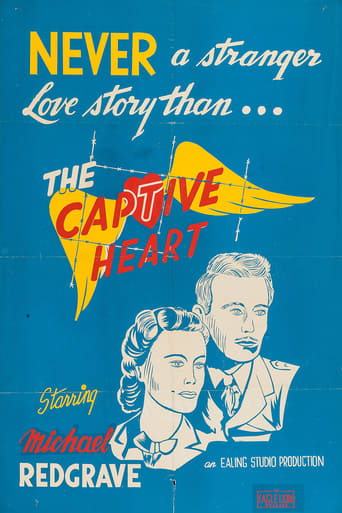

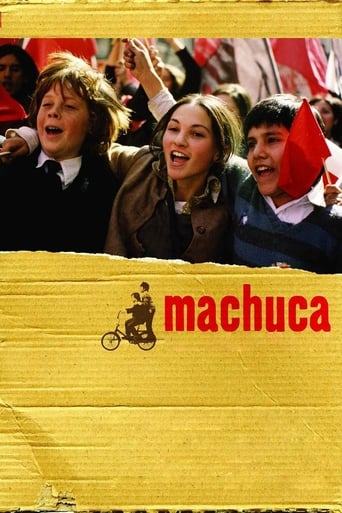

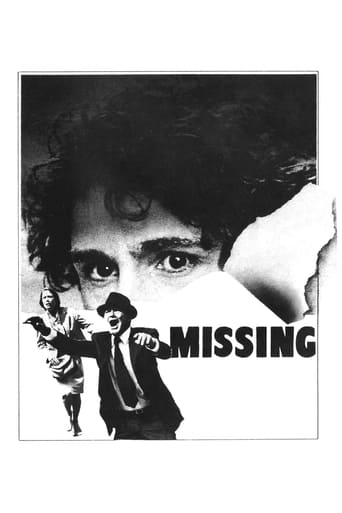

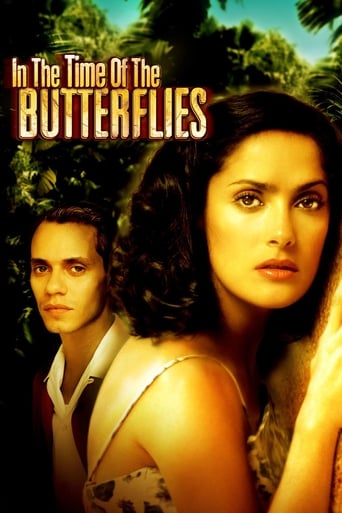

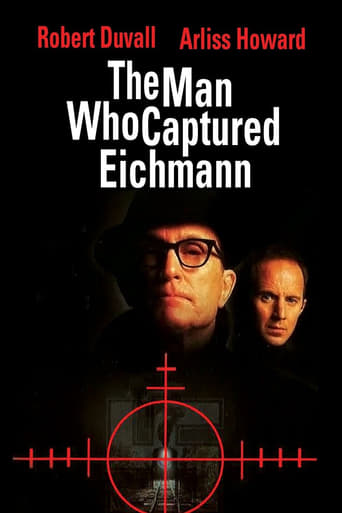
























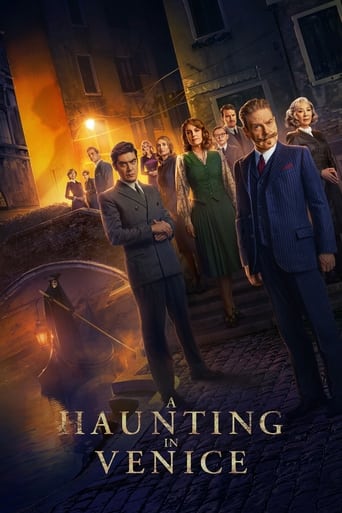

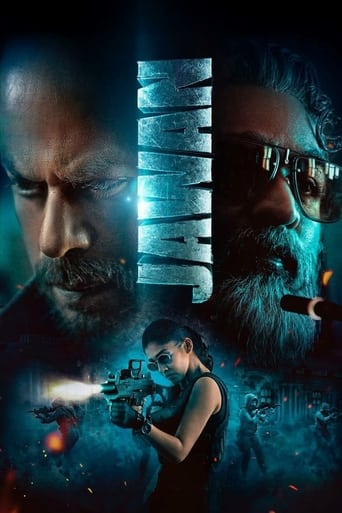
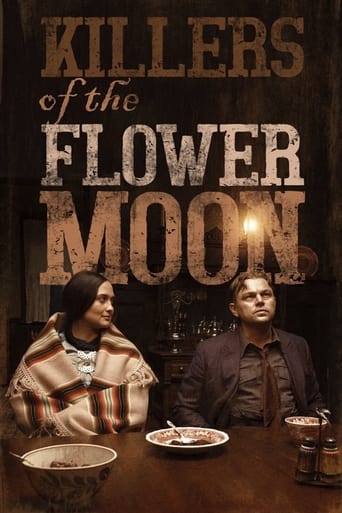
No
In 1988, Chilean military dictator Augusto Pinochet, due to international pressure, is forced to call a plebiscite on his presidency. The country will vote ‘Yes’ or ‘No’ to Pinochet extending his rule for another eight years. Opposition leaders for the ‘No’ vote persuade a brash young advertising executive, René Saavedra, to spearhead their campaign. Against all odds, with scant resources and while under scrutiny by the despot’s minions, Saavedra and his team devise an audacious plan to win the election and set Chile free.